Why Do My Ears Hurt While Running

Sharp pain in your ears during a run can derail your workout and spark concern. But what's causing this discomfort, and more importantly, what can you do about it?
Ear pain while running, technically known as otalgia, isn't always a sign of a serious problem, but ignoring it could lead to complications. Understanding the common causes—from simple pressure changes to underlying infections—is the first step towards a pain-free run.
Common Culprits Behind Running-Related Ear Pain
Several factors can contribute to ear pain while running. Identifying the specific cause is crucial for effective management.
Pressure Changes
Rapid altitude changes or even strong winds can cause pressure imbalances in the middle ear. This is especially true for runners who live or train in mountainous areas.
The Eustachian tube, which connects the middle ear to the back of the throat, helps equalize pressure. When it can't adjust quickly enough, you experience pain and a feeling of fullness.
Ear Infections
A pre-existing ear infection, even a mild one, can be aggravated by the increased blood flow and physical exertion of running. Bacterial or viral infections cause inflammation and pain in the middle ear.
Symptoms often include a throbbing pain, fever, and sometimes discharge from the ear. If you suspect an ear infection, seek medical attention from a doctor.
Sinus Infections
Sinus infections and congestion can also lead to referred pain in the ears. The sinuses and Eustachian tube are interconnected, so inflammation in one area can affect the other.
Symptoms include facial pain, nasal congestion, and a headache. Addressing the sinus infection can alleviate the ear pain.
Temporomandibular Joint (TMJ) Disorders
TMJ disorders, affecting the jaw joint, can sometimes cause pain that radiates to the ears. Running can exacerbate TMJ pain due to the repetitive impact and jaw clenching.
If you suspect TMJ is the culprit, consult a dentist or physical therapist specializing in TMJ disorders. Treatments can include massage, exercises, and mouth guards.
Swimmer's Ear (Otitis Externa)
Although more commonly associated with swimming, exposure to moisture and bacteria during a run can also lead to swimmer's ear. This is an infection of the outer ear canal.
Symptoms include itching, redness, and pain that worsens when you touch or pull on your ear. Keep your ears dry and consider using earplugs during runs to prevent this.
Prevention and Management Strategies
Fortunately, there are several steps you can take to prevent and manage ear pain while running.
Proper Warm-Up and Cool-Down
A gradual warm-up can help your body adjust to the increasing physical demands of running. Similarly, a cool-down allows your body to return to its resting state gradually.
This can help minimize pressure fluctuations and reduce the risk of aggravating underlying conditions.
Protective Gear
Wearing a hat or earmuffs can protect your ears from wind and cold, particularly during winter runs. Earplugs can also help regulate pressure changes.
Choose moisture-wicking materials to prevent sweat from accumulating in the ear canal.
Hydration
Staying properly hydrated helps keep your sinuses and Eustachian tubes clear and functioning optimally. Drink plenty of water before, during, and after your runs.
Dehydration can exacerbate sinus congestion and contribute to ear pain.
Over-the-Counter Remedies
Over-the-counter pain relievers like ibuprofen or acetaminophen can help manage mild ear pain. Decongestants can also alleviate sinus congestion.
However, if the pain persists or worsens, consult a doctor. These are not a replacement for medical treatment.
Medical Evaluation
If your ear pain is severe, persistent, or accompanied by other symptoms like fever, hearing loss, or discharge, seek medical attention immediately. A doctor can diagnose the underlying cause and recommend appropriate treatment, which may include antibiotics for ear infections or other specialized care.
Ignoring these symptoms could lead to long-term complications.
Moving Forward: Listen to Your Body
Ear pain while running is a signal that something isn't right. Don't ignore it. By understanding the potential causes and taking preventative measures, you can enjoy your runs without discomfort.
Monitor your symptoms closely and consult a healthcare professional if your ear pain persists or worsens. Further research is ongoing to understand the complex interplay between physical activity and ear health.
Your next steps should include analyzing your running environment, gear, and overall health to determine the most likely cause of your ear pain. Addressing this issue promptly will help you get back to enjoying your runs pain-free.
![Why Do My Ears Hurt While Running Why Do My Ears Hurt When I Run [2023] - UpbeatRun](https://upbeatrun.com/wp-content/uploads/2022/11/Featured-Images-41.png)
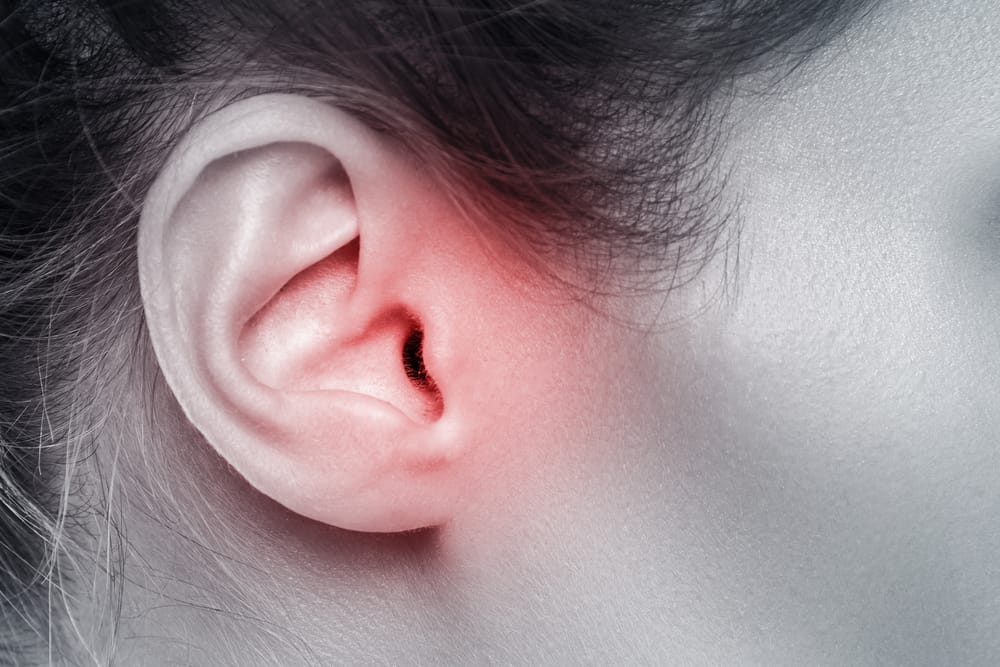

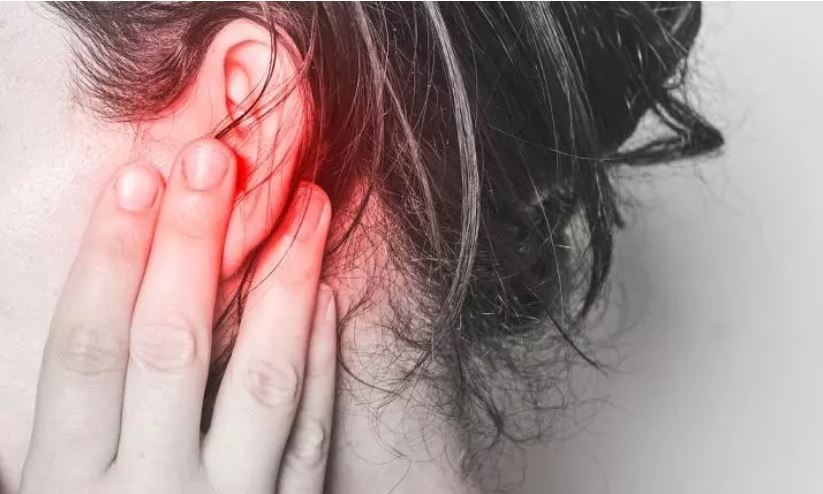
![Why Do My Ears Hurt While Running Why Do My Ears Hurt When I Run [2023] - UpbeatRun](https://upbeatrun.com/wp-content/uploads/2022/11/Images-for-Social-Media-39.png)

![Why Do My Ears Hurt While Running Why Do My Ears Hurt When I Run [2023] - UpbeatRun](https://upbeatrun.com/wp-content/uploads/2022/11/Images-for-Articles-General-30.png)
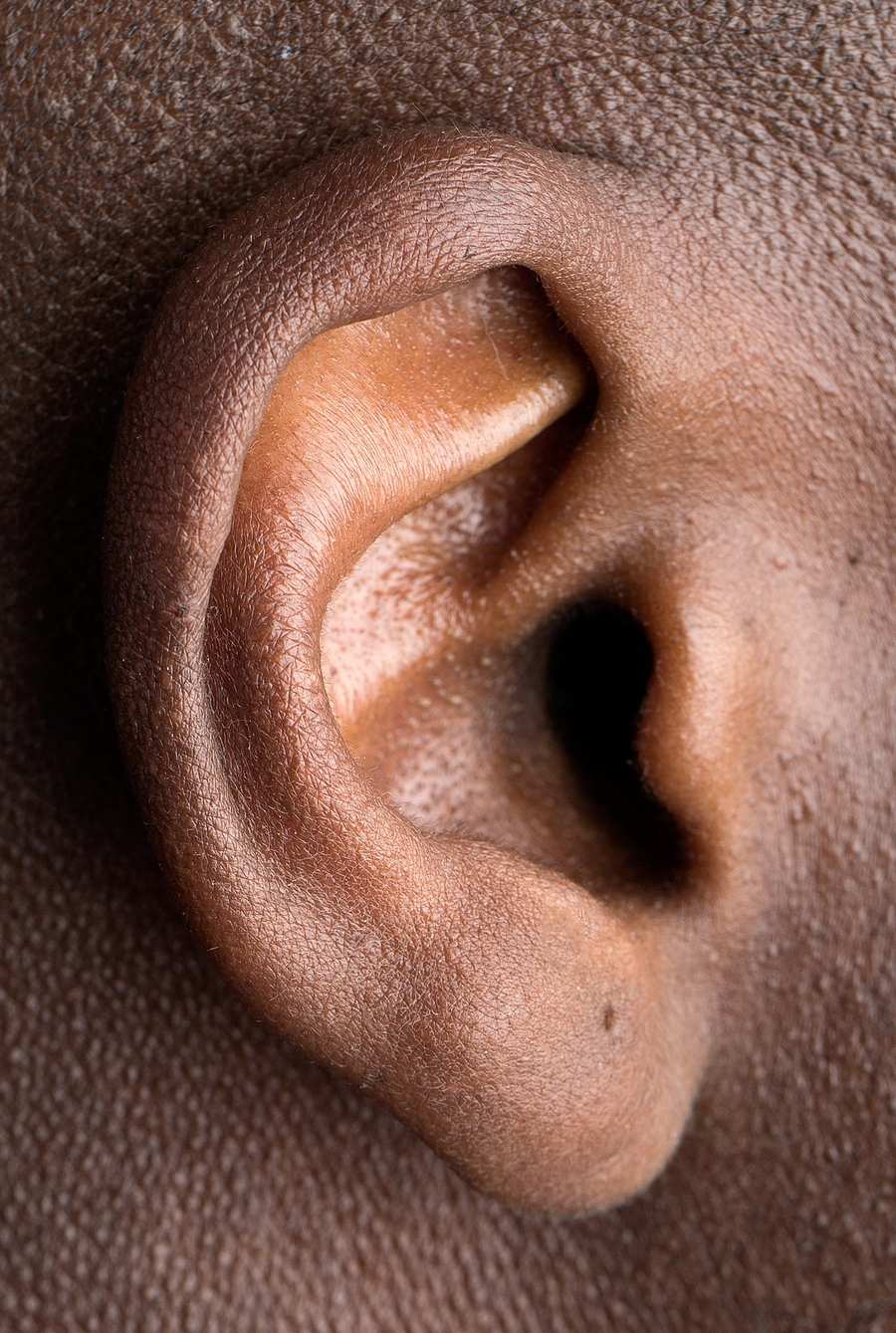



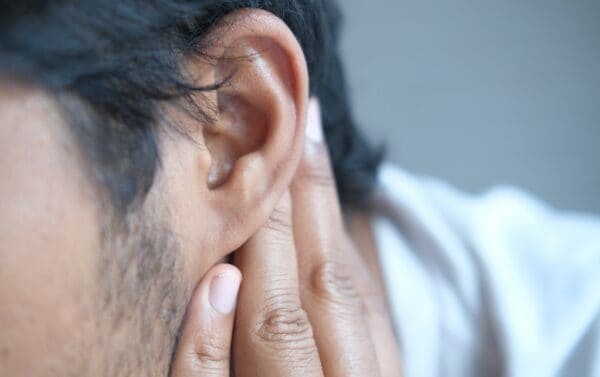
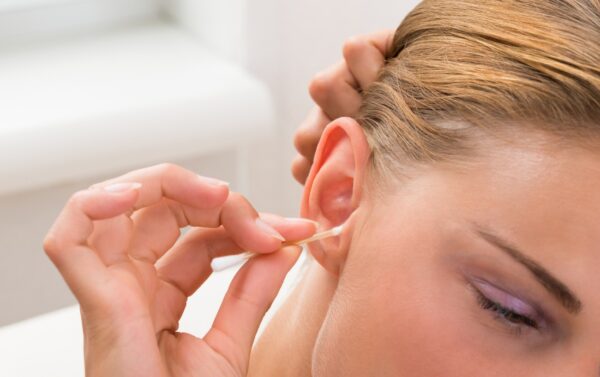
![Why Do My Ears Hurt While Running Why Do My Ears Hurt When I Run [2023] - UpbeatRun](https://upbeatrun.com/wp-content/uploads/2022/11/102.png)




